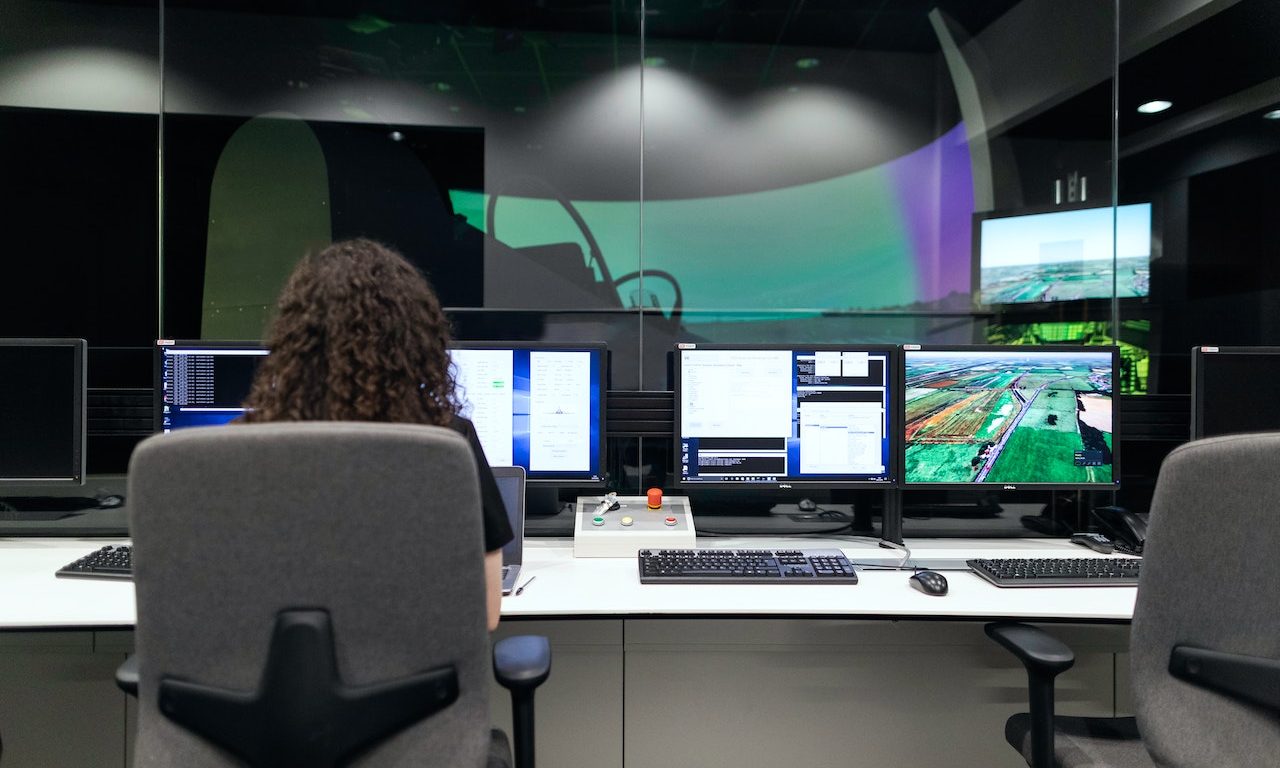As the digital world continues to flourish, the tech industry is one of those industries that is continually and swiftly developing. This has positioned it as one of the most lucrative industries to work in, provided you can keep current and aren’t terrified of learning and expanding your knowledge reach.
With the advancement of technology and the rising need for it, there are more chances than ever before! Previously, persons who excelled at programming or web development were often regarded as the finest applicants for a position. But things have changed drastically. Contrary to popular belief, many additional technology-related careers do not entail software engineering or web design.
Tech firms are searching for workers with a range of skills who can help them realize their vision of the future. The more specialized you are in these professions, the more competitive you will be in this rich business.
Read also: How to Open a Verified PayPal Account in Nigeria for Free (Updated)
Some of the in-demand tech jobs are as follows:
1. Cybersecurity Analyst
A cybersecurity analyst guarantees the safety and authenticity of a company’s computer systems and networks. They detect and prevent cyber assaults and create security rules and processes to avoid future attacks.
2. Full-Stack Developer
A full-stack developer is in charge of developing and designing APIs and front-end and back-end development. As a professional, you must be knowledgeable about all stages of the development process, from development through deployment and upkeep. You must be aware of the following as a full-stack developer:
- Technologies such as MongoDB and Node.js
- How to Create and Design an API
- Scripting and coding
- Fundamentals of web development
- Database Fundamentals
According to the US Bureau of Labour Statistics, web developer positions are expected to expand by 13% between 2018 and 2028. There are now over 23 million developers worldwide, with work opportunities rapidly expanding.
3. Data Analyst
A data analyst’s main task is to assess the obtained data and analyse the complicated variables and trends. This enables firms to make better judgments in less time and at a lower cost. Being a data scientist is a demanding profession. You must be well-versed in computer science, machine learning, mathematics, data visualisation, communication, and deep learning.
- Data scientists are responsible for the following tasks:
- Learning about machine learning algorithms
- Developing data models
- Programming with Python and other analytical tools
- Identifying and resolving business issues
4. Software Engineer
A software architect’s primary responsibility is to optimise the development process by making design decisions and establishing technical standards for code, tools, and platforms. Companies engage them to test and build software on their behalf.
Software architects are in charge of comprehending client requests and specifications as well as doing hands-on work to create software prototypes.
The following are the essential abilities for becoming a software architect:
- Modelling data
- Knowledge of software architecture
- Excellent programming abilities
- Analytical abilities that are exceptional
5. Database Administrator
A database administrator is one of the IT jobs; they are in charge of administering and maintaining an organisation’s databases, ensuring they are safe, efficient, and up to date.
6. Artificial Intelligence (AI) Specialist
An AI specialist is in charge of creating and implementing AI solutions to tackle complicated business challenges, such as machine learning and natural language processing.
7. Engineer in Robotics
A robotics engineer is in charge of designing, developing, and testing robots and robotic systems, as well as their hardware and software components.
8. User Experience Designer:
A user experience (UX) designer is in charge of creating and enhancing the usability and functionality of digital goods such as websites, applications, and software.
9. DevOps Engineer
A DevOps engineer is in charge of the procedures, tools, and approaches necessary to balance demands across the software development process’s life cycle.
This individual creates and manages a deployment framework, as well as integrates cloud services to allow automation and shell scripting in PHP, Python, and Ruby. DevOps engineer is a difficult career that involves more than just technical abilities.
Some of the skills required are:
- Scripting and coding
- Understanding of network setup and operation
- DevOps expertise is required.
- Understanding how to utilise programmes like Git and Jenkins
- System management using Linux or Unix
The aims of an IT operations team and a development team may vary. A DevOps engineer may be a member of the development team responsible for network operations or an operations team member responsible for application development.
Overview
While these are some of the most popular tech professions, many other well-versed professions in the area pay well, so it’s up to you to make the best option for yourself. One key benefit you have for all these career responsibilities is that whichever you choose will undoubtedly pay off based on your time commitment and tenacity in acquiring skills and expertise in the field.
